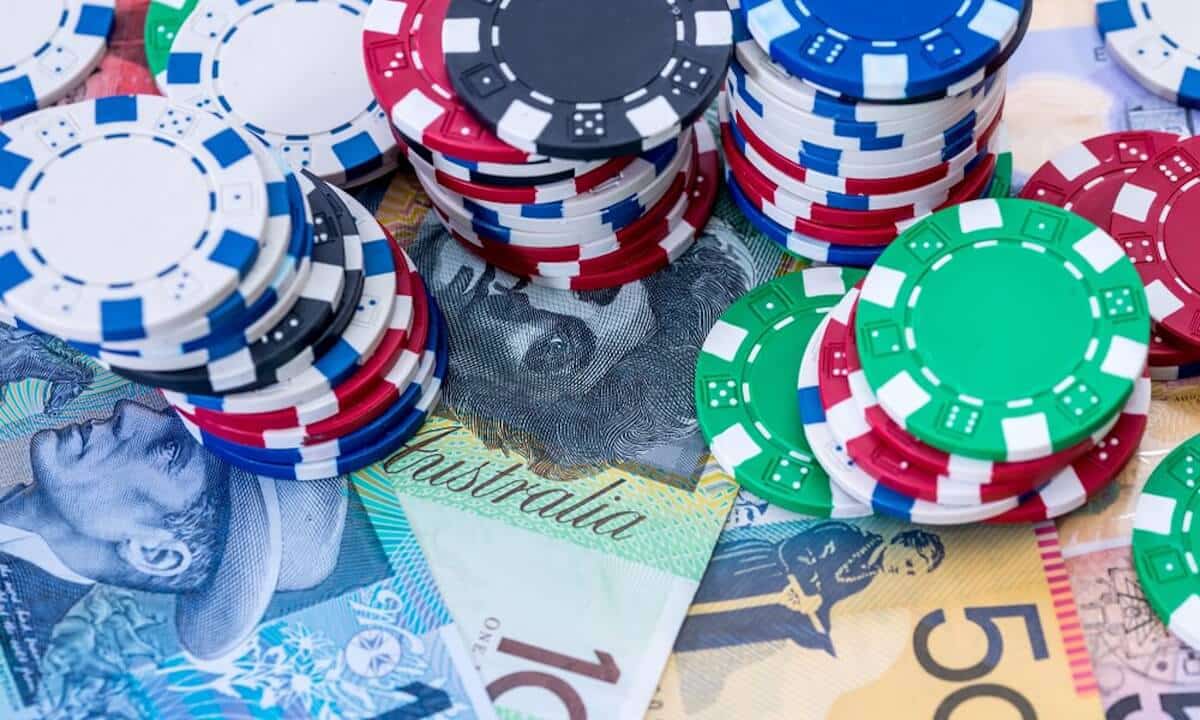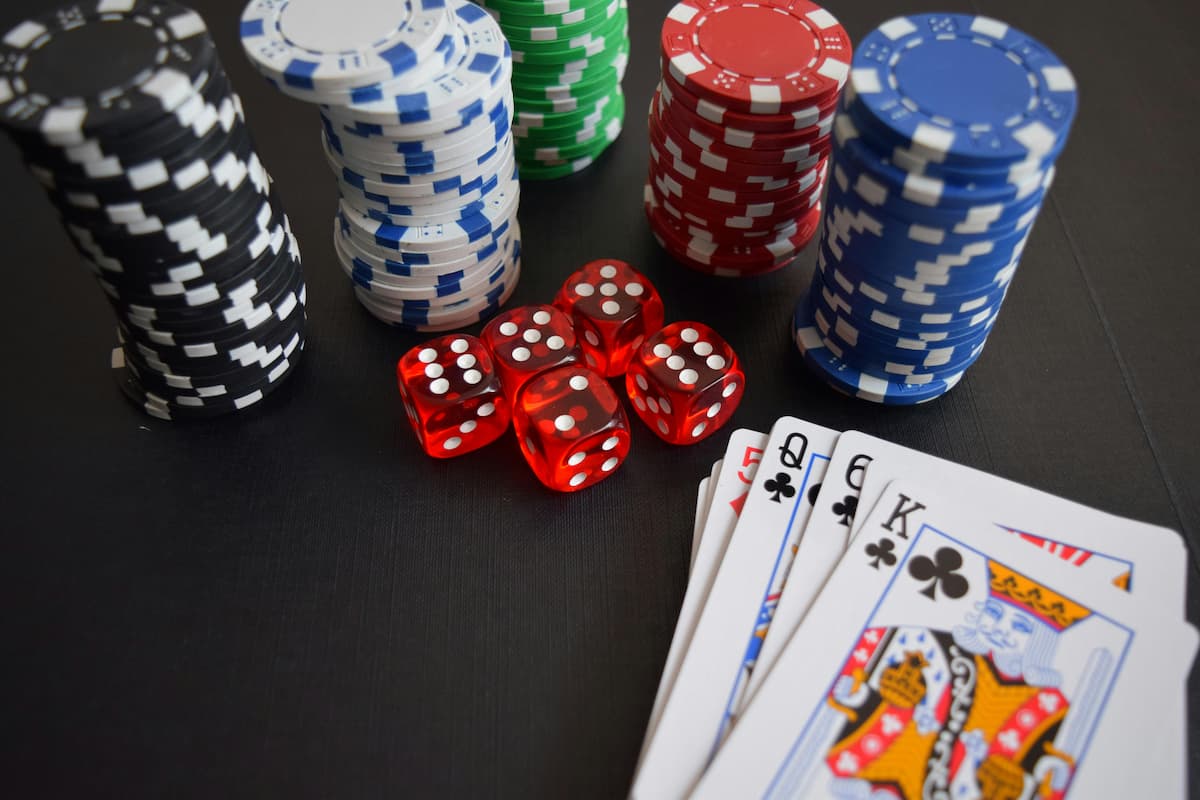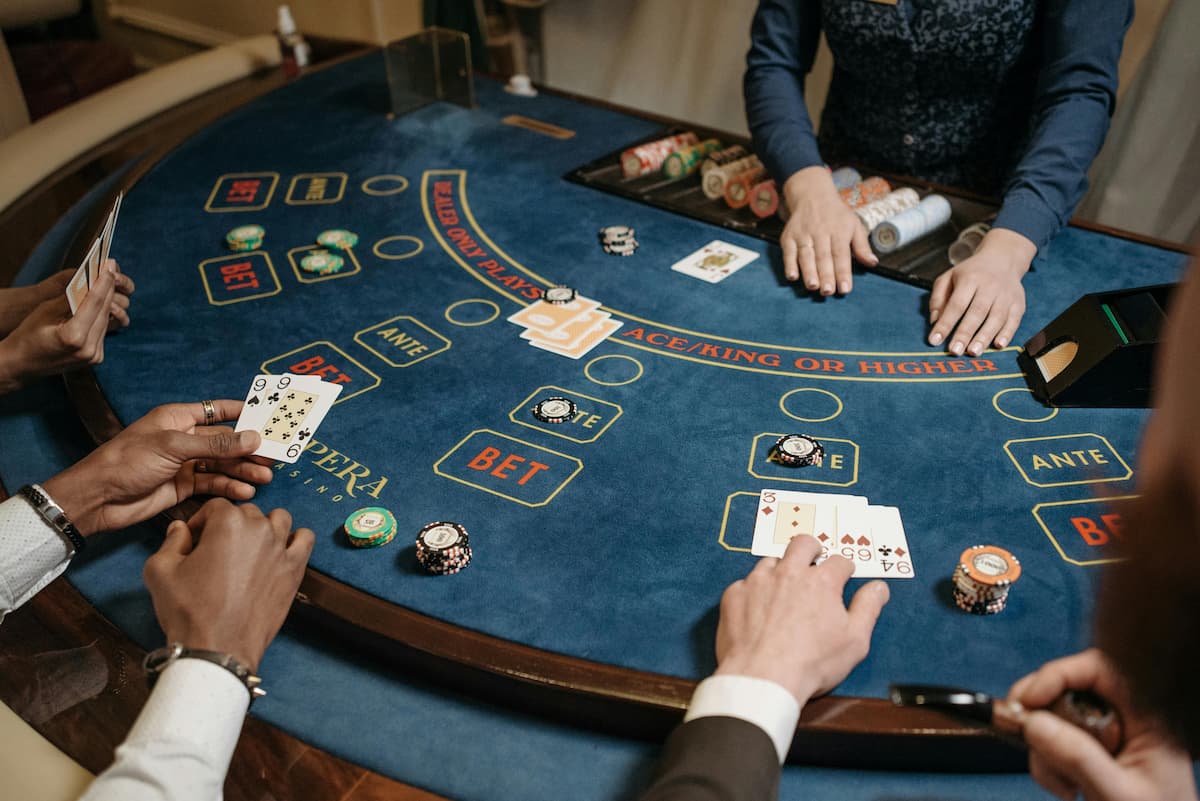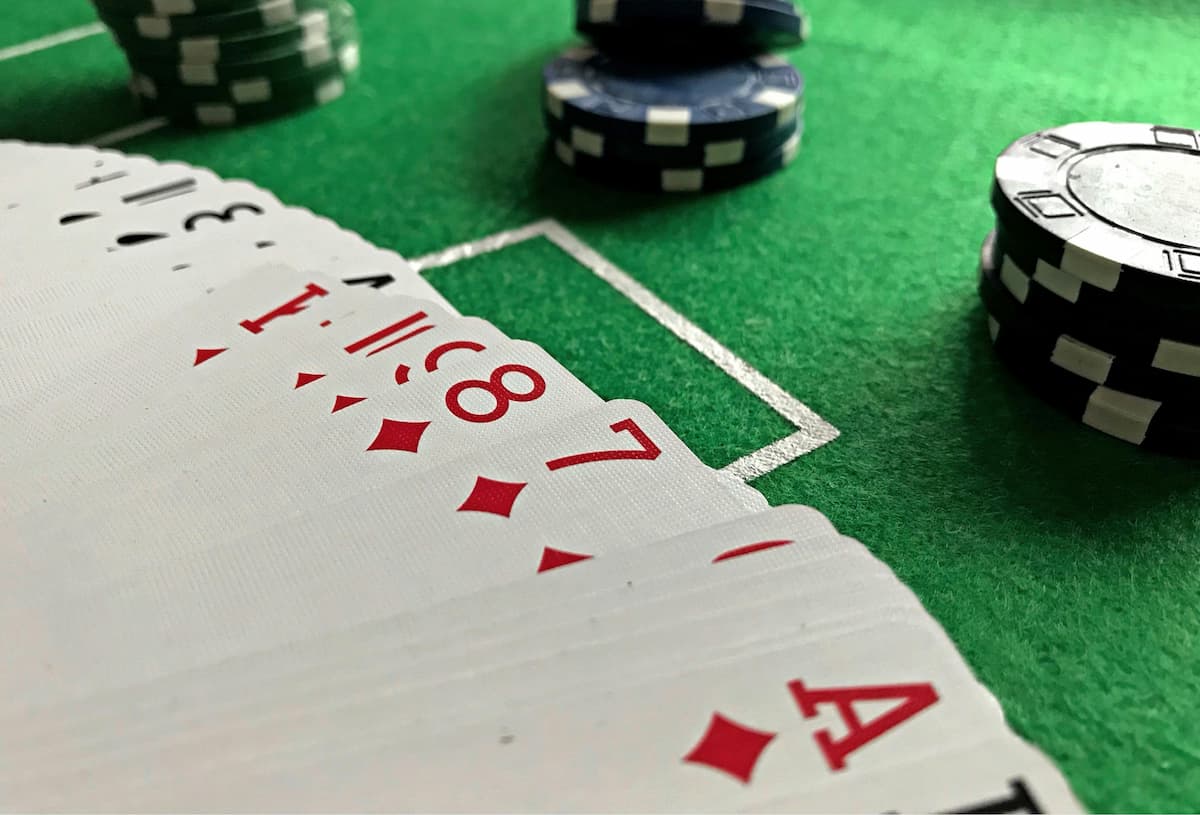The Signs of Gambling Addiction
We all encounter challenging or tempting situations at some point. When it comes to gambling addiction, the issue isn’t the gambling itself but rather how a person reacts to it. Each year, nearly two million Americans are identified as pathological gamblers. We have some of the main signs to look out for, so you can recognize if someone you care about is struggling with a gambling addiction.
Gambling addiction can impact families and individuals negatively, and recognizing the signs early means you can seek help as soon as possible. Below, we will detail some resources and tools you can use, as well as organizations you can reach out to for help.
Understanding Gambling Addiction
Gambling addiction is a complex issue involving psychological factors and a recurring cycle of behavior. Gambling addiction affects the brain in ways similar to a drug or alcohol addiction, giving gamblers a high identical to what is experienced by those using these substances. And it can be as damaging to all areas of someone’s life.
A gambling problem will usually include a combination of impulsivity, thrill-seeking tendencies, and a distorted belief in luck or skill. The cycle of addiction typically consists of the urge to gamble, engaging in the activity, temporary relief or excitement, guilt or remorse, and then a return to the desire to gamble to alleviate any negative emotions.
Gambling addiction disrupts one’s life, relationships, and well-being. This is in contrast with casual gambling, which can be enjoyed as a recreational activity without negative consequences.
Common Signs of Gambling Addiction
If you have noticed that your partner, friend, or anyone else you are close to has changed their behavior, it’s time to seek help. Typical changes in behavior can include some or all of the following:
Preoccupation with Gambling
If gambling is at the forefront of someone’s mind, it may be all they want to talk about, and they will always be planning their next session. You may find they are up late or all night and on the phone or computer gambling at every opportunity.
Inability to Stop or Control Gambling
If there have been many unsuccessful attempts to quit or gamble less, it is a good indicator that someone is experiencing a gambling addiction. It will likely require a lot of patience and support to stop for good.
Chasing Losses
Some people struggle to accept that gambling always comes with a risk of losing and will attempt to recover their losses. This can become a vicious cycle and quickly get out of hand, with individuals placing increasing wagers in an attempt to win back their money.
Financial Strain
A gambling addiction can negatively impact all those close to the problem gambler. While they may try to keep it a secret, bills may start going unpaid, and credit card debt can pile up. In some cases, people spend all their savings on gambling before anyone realizes what has been happening, causing a lot of stress for themselves and their families.
Neglecting Responsibilities
Suppose you have noticed that the problem gambler has started to change their behavior so much that it affects all areas of their life and obligations due to gambling. They may have stopped going to work or studying. A partner or parent may start to ignore the family or just not be focused on what is going on in the home.
Secrecy and Denial
This one hurts loved ones. Gamblers may lie about their habits and act defensive and manipulative when they have never been like that before. For example, they may tell you they work late often, but they are gambling instead. If you confront the person, they may also lie about how much money or time they have spent gambling. It helps to understand that it is nothing personal and the addiction is making them behave this way, but it’s still very difficult for anyone who cares about them.
Mood Swings and Irritability
Someone experiencing addiction may have sudden outbursts, which are triggered by their gambling sessions. If they have a big losing run, you will notice that they will become more irritable, and it will be hard to reason with them.
Withdrawal from Family and Friends
Another obvious sign is the person has started distancing themselves from their loved ones. They may constantly find reasons not to get involved with family activities and choose to stop attending any social events.
Getting Help: Steps to Recovery
Identifying the signs of gambling addiction early is crucial, as it can strain relationships and impact mental health if left untreated. While the symptoms may not be as visible as other addictions, you can watch for increased irritability, anger, anxiety, depression, or even problems with sleep.
If you suspect a loved one has a gambling problem, approach them privately and calmly, expressing concern for their well-being. During the conversation, focus on the behavior rather than passing judgment. Share specific observations, such as financial struggles or withdrawal from activities.
Encourage them to talk and seek professional help, emphasizing support from organizations, therapists, or even support groups. Use our resources below for yourself and the problem gambler to find further help. To start the ball rolling, you can encourage them to self-exclude from any online gambling websites and look for distractions to occupy them, like exercise or a hobby.
Resources
The first step in recognizing and, in turn, addressing gambling addiction is to watch for changes in behavior and the typical signs we listed above. As a next step, we’ve got three excellent organizations for you to reach out to for additional support:
- The National Problem Gambling Helpline: Call 1-800-522-4700, which is available 24/7 and is 100% confidential. You can also use the text services at 800-522-4700 and chat services.
- Gamblers Anonymous: This is a helpful website made up of problem gamblers who have first-hand experience of how to help. You can click a tab to locate a support group close to you or use one of the hotlines by clicking here to chat with someone straight away.
- Caron Treatment Centre: This facility provides in-house treatment, and its website is packed with resources and blogs for you and your loved one.
Sources:
https://www.mayoclinic.org/diseases-conditions/compulsive-gambling/symptoms-causes/syc-20355178
https://www.addictions.com/gambling/10-signs-of-gambling-addiction/
https://www.psychguides.com/behavioral-disorders/gambling-addiction/symptoms-and-effects/








 Sergio Zammit
Sergio Zammit 
 Nick Pappas
Nick Pappas 
